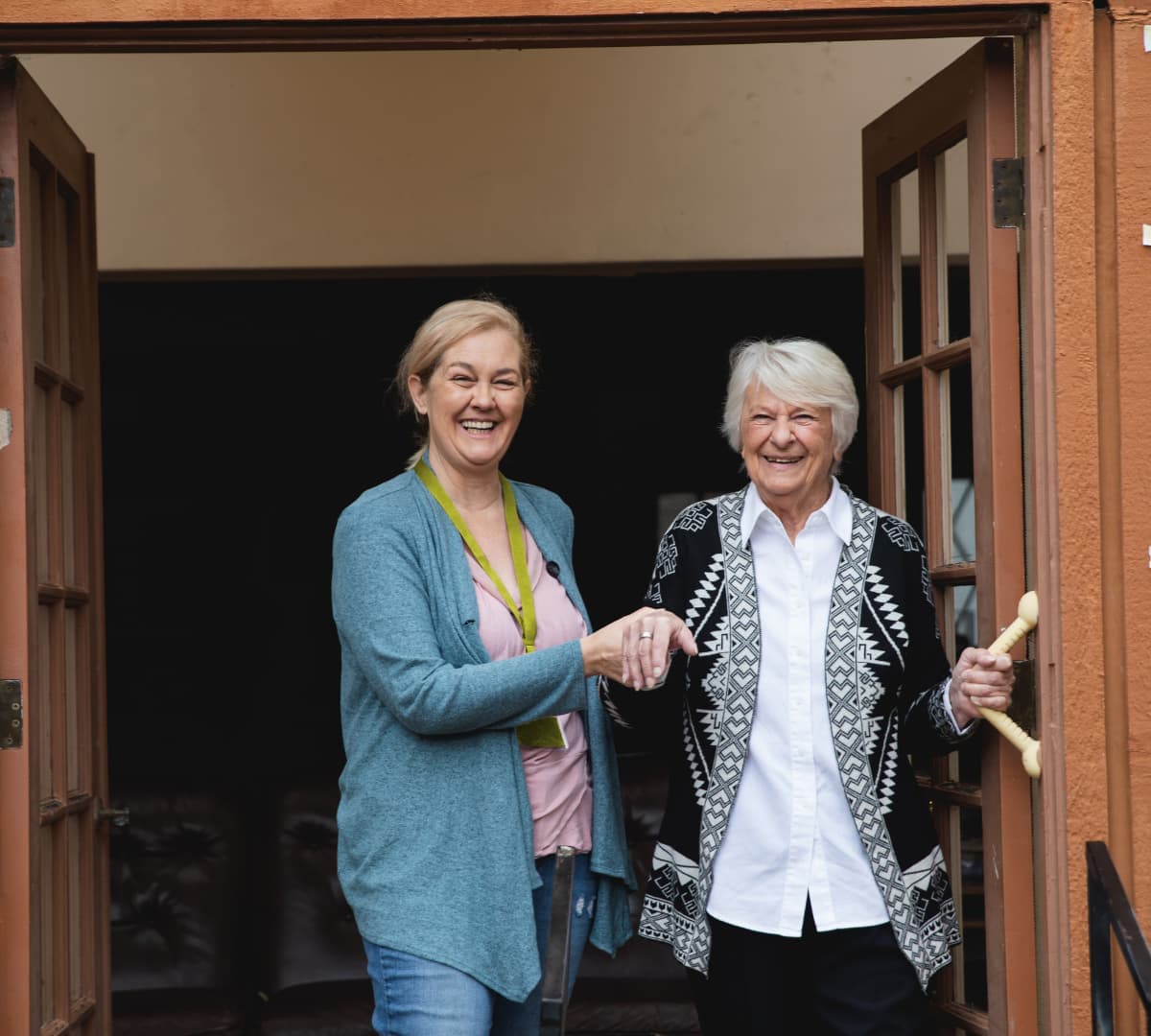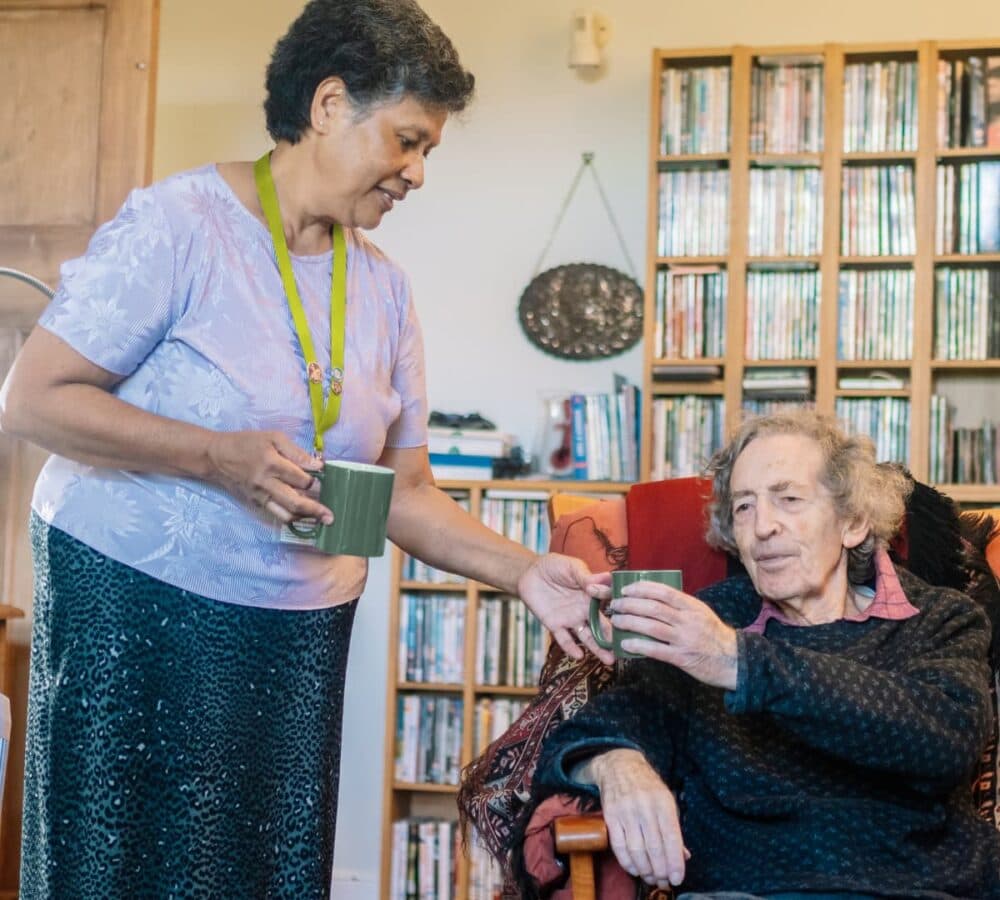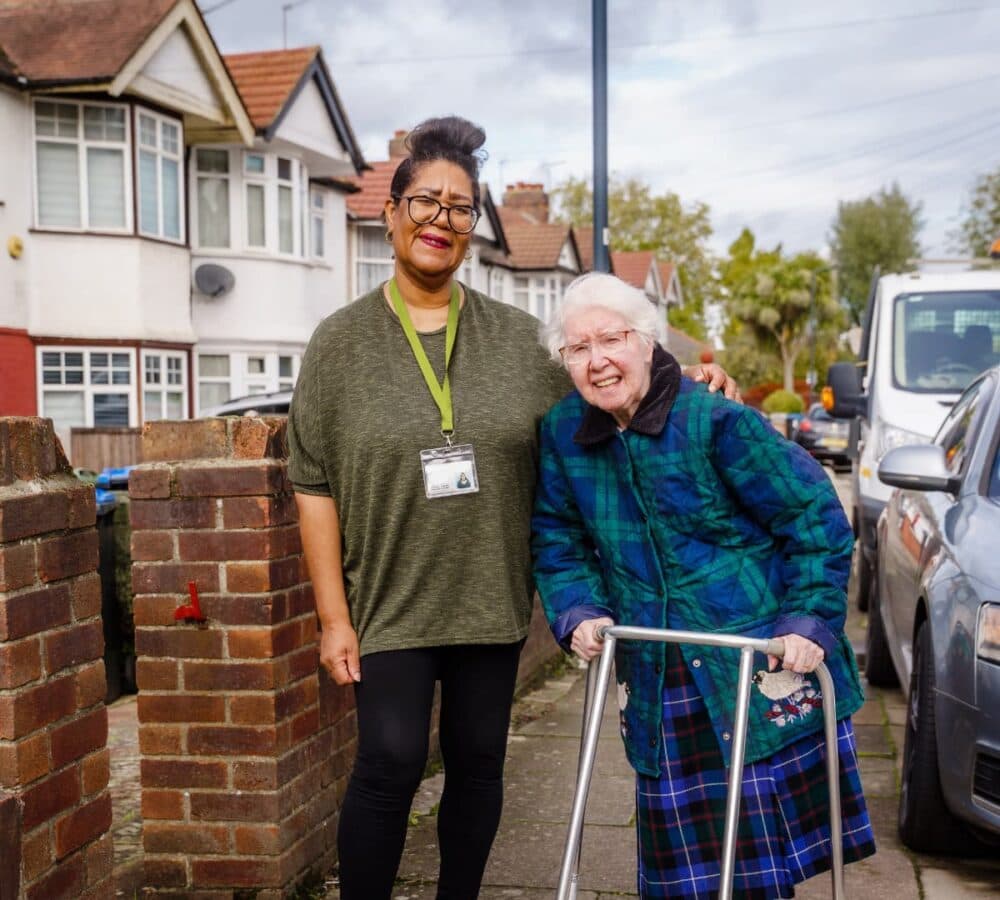Life After a Stroke: Regaining Strength and Confidence at Home in Wembley

Everyday actions that most of us take for granted, such as movement, speech and daily routines, can be instantly altered with just one stroke. And although the road to recovery often begins in a hospital, the journey can continue at home, where comfort and familiarity help survivors regain much-needed confidence and stability.
At Home Instead Wembley, our Care Professionals provide one-to-one support tailored to each individual. From rehabilitation exercises to simple companionship, every visit is designed to encourage independence.
World Stroke Day on 29 October is the perfect reminder that progress comes in small, meaningful steps. We can be confident and hopeful that with the right guidance, support and care services, stroke survivors can gradually reclaim strength, purpose, and self-belief in their own homes.
Recovery Is Personal, Not Prescribed
No two stroke experiences are alike, which is why care must adapt to each person’s pace. Some regain mobility quickly, while others may need extra support with speech or confidence. At the end of the day, consistency, persistence, and compassion are crucial.
Home Instead Wembley’s trained Care Professionals understand stroke challenges, including safe movement and aphasia (struggling to communicate) support. Every activity – from gentle walks to meal preparation – is guided by patience and empathy. The focus is on meaningful progress, not perfection.
By supporting routines and encouraging small successes, we help clients rebuild control and self-esteem in a familiar environment, ensuring recovery is comfortable, consistent, and centred on their individual journey.

6 Ways Families Can Support Recovery at Home
Don’t underestimate the importance of family support, especially when it comes to helping a loved one back on the road to recovery. See some of the small, practical ways in which you can help:
– Keep walkways and floors clear to prevent accidents.
– Allow your loved one to complete tasks at their own pace.
– Speak slowly, with clear pauses for responses.
– Check with therapists before trying any home exercises.
– Offer nutritious, easy-to-prepare meals that can boost health levels.
– Celebrate every small achievement to maintain motivation and positivity.
Local Care, Expertly Connected
At Home Instead Wembley, we always strive for a smooth transition from hospital to home. That is why we work closely with local hospitals, physiotherapists, and rehabilitation teams.
Families are also linked with trusted community resources, including The Stroke Association and local wellbeing hubs. This ensures our clients benefit from coordinated, personalised care that supports every stage of their recovery journey.
Confidence Begins with Compassion
Stroke recovery is as much emotional as it is physical. That is why it is so important that our Care Professionals bring compassion, humour, and understanding to every visit, whether assisting with light stretches, practising speech, or socialising over coffee and biscuits.
Being cared for at home helps clients feel safe, respected, and encouraged, restoring a sense of normality and self-assurance with each passing day.

FAQs
Can stroke survivors recover at home?
Yes. With professional guidance, proper home care services and family encouragement, many make strong progress at home.
What services are included in post-stroke home care?
Support is tailored to the specific situation and may involve help with meal prepping, medication, mobility, daily routines, and simple companionship.
How can Home Instead Wembley help families?
Our flexible care plans, respite options, and advice provide relief and support throughout the recovery process, while also helping to lower those stress levels.
Get in Touch
If you or a loved one is recovering from a stroke, Home Instead Wembley can provide care that builds confidence, comfort, and independence.
Reach out to us on 0208 022 4590 or enquire online for personalised home care support.